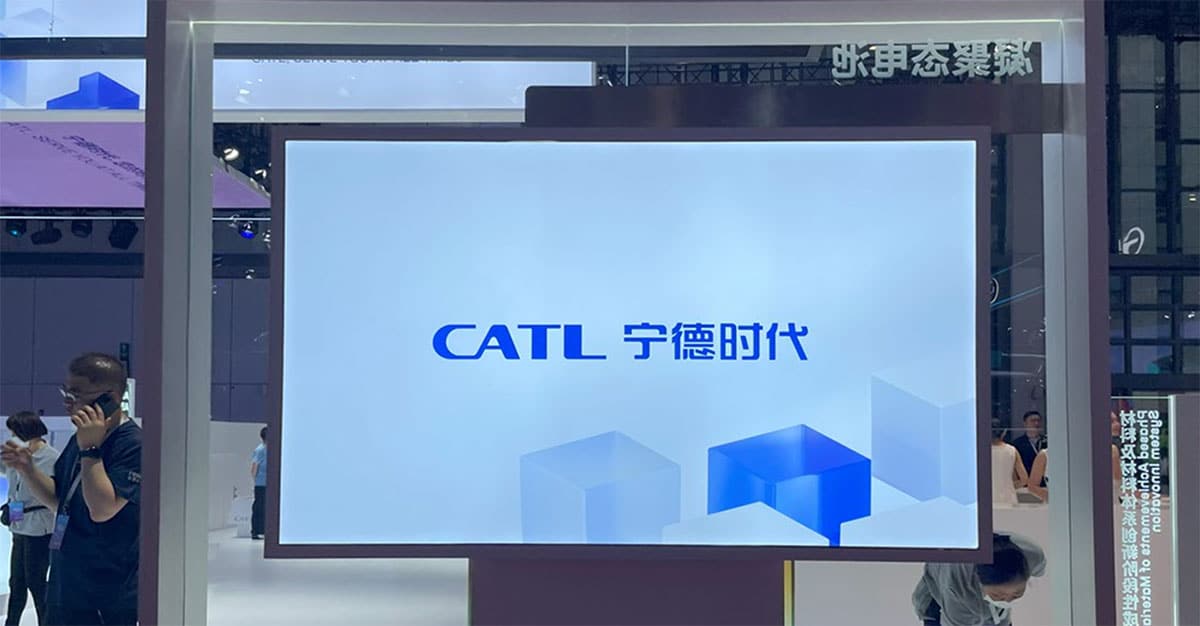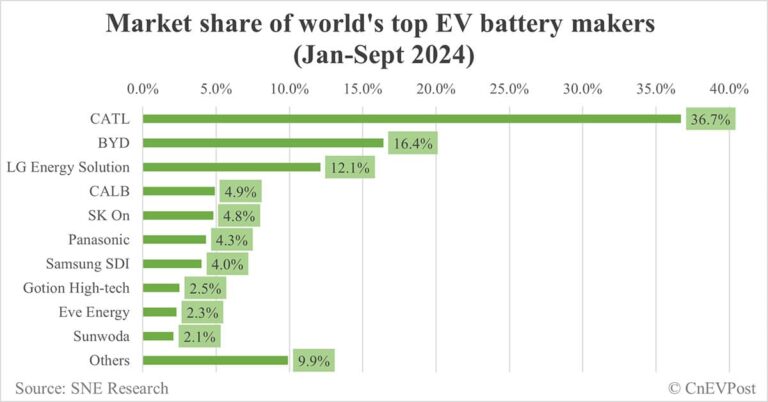CATL has recently entered the trial production stage of 20 Ah samples, meaning the battery solution is initially finalized and it is starting to enter the production technology exploration stage, according to local media.

Chinese power battery giant CATL has increased its R&D investment in all-solid-state batteries this year, having expanded its R&D team for the program to over 1,000 people, local media outlet LatePost reported today.
CATL is currently focusing on the sulfide route, and has recently entered the trial production stage of 20 Ah samples, according to the report.
CATL's current solution can achieve an energy density of 500 Wh/kg for lithium ternary batteries, an improvement of more than 40 percent over existing batteries, but charging speed and cycle life have yet to meet expectations, a person familiar with the matter said, according to the report.
Currently, there are three mainstream technology routes in the solid-state battery field -- oxide, polymer and sulfide routes.
All-solid-state battery prototypes typically start at 1 Ah capacity and work their way up. At the 1 Ah sample stage, manufacturers are tasked with testing battery material performance, the LatePost report noted.
At 10 Ah capacity, the samples are primarily used to test the performance of individual cells of the battery. At a sample capacity of 20 Ah, the battery solution is initially finalized and enters the production technology exploration phase, according to the report.
In April, CATL chief scientist Wu Kai said the company had built a performance verification platform for 10 Ah all-solid-state batteries and had made technological progress in cathode materials, anode materials, processes and manufacturing equipment.
20 Ah is the capacity of a single cell of the soft-pack batteries currently used in EVs, and if CATL can solve the safety and performance challenges at this stage of the sample, the rest is mainly manufacturing engineering issues that can be advanced by increasing manpower investment and the number of experiments, according to LatePost.
In a presentation at the China International Battery Fair (CIBF) 2024 event on April 28, Wu said CATL was targeting small-volume production of all-solid-state batteries in 2027, marking the first time the battery maker has announced a mass-production timeline for the new type of battery.
Using technology and manufacturing process maturity as a rating system on a scale of 1-9, CATL's all-solid-state battery development was at a 4, Wu said at the time.
CATL's goal was to reach a score of 7-8 by 2027, meaning that it can produce all-solid-state batteries in small batches at that time, but mass production will still face problems including costs, Wu said.
Currently liquid lithium batteries can reach an energy density of 350 Wh/kg, but it's difficult to continue to improve, according to the presentation by Wu.
At a power battery conference in September, CATL chairman Robin Zeng said the company's research in the field of all-solid-state batteries is “second to none” compared with its competitors.
CATL's all-solid-state battery team is 1,000-strong, the first time in the industry that a company has invested huge amounts of resources into researching and developing such batteries, the LatePost report noted.
Based on a manpower cost of RMB 1 million ($140,000) per person, that's RMB 1 billion a year in salary expenses alone, the report said, citing an industry source.
Most solid-state battery companies can't even build labs with budgets in the hundreds of millions of yuan, the source said.
CATL's research into all-solid-state batteries began in 2016, but it hasn't significantly increased its R&D investment until late 2022, according to LatePost.
The company's management had also previously been cautious about solid-state batteries until Wu rarely shared CATL's all-solid-state battery R&D progress at a battery industry technology forum in March, the report noted.
($1 = RMB 7.1790)

